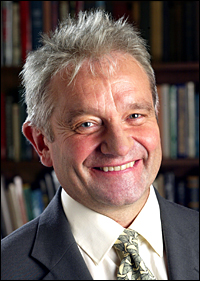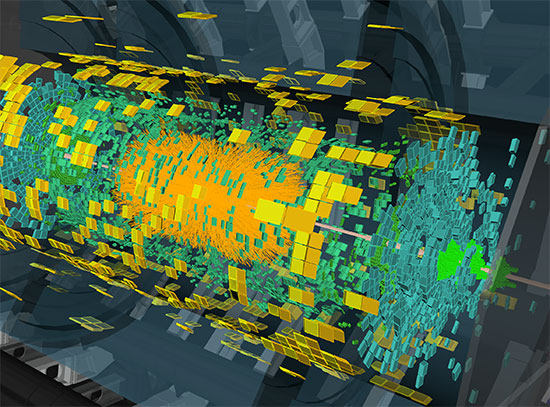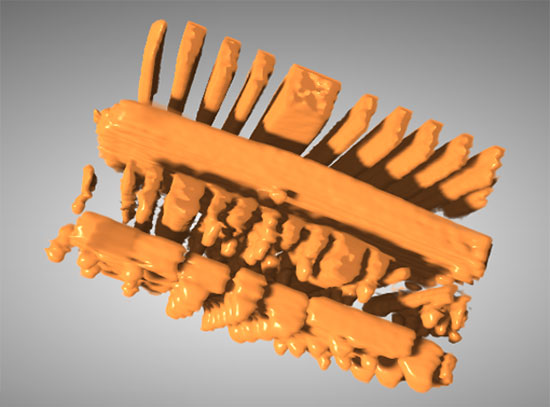Nobel Laureate Paul Nurse to Give Two Lectures at Brookhaven Lab, March 18 — 'Controlling the Cell Cycle' and 'The Great Ideas of Biology'
February 18, 2009
UPTON, NY — Nobel Laureate Paul Nurse, President of Rockefeller University, will give two George B. Pegram Lectures on Wednesday, March 18, at 11 a.m. and 4 p.m. in Berkner Hall at the U.S. Department of Energy’s Brookhaven National Laboratory. Inaugurated in 1959, the Pegram lectures bring distinguished scholars to the Laboratory to speak on topics of both scientific and general interest. Sponsored by Brookhaven Science Associates, the lectures are free and open to the public. Visitors to the Laboratory age 16 and over must bring a photo ID.
In the 11 a.m. lecture, titled “Controlling the Cell Cycle,” Nurse will explain that growth and reproduction of all living organisms are dependent on the cell cycle, the process that leads to cell division. Uncontrolled division of cells can lead to disease, especially cancer. Two phases in the cell cycle — the synthesis phase, the stage at which DNA synthesis or replication occurs, and mitosis, a process that results in the production of two daughter cells from a single parent cell — are controlled by enzymes called cyclin-dependent kinases, or CDKs. Checkpoint controls working through the CDKs block cell-cycle progression if cells are too small or DNA is damaged or incompletely replicated. Nurse will discuss his recent lab results on these cell-cycle controls.
In the 4 p.m. lecture, “The Great Ideas of Biology,” Nurse will discuss three important theories that have influenced the course of biology: gene theory, the proposal that the cell is the fundamental unit of all life, and Charles Darwin’s theory of evolution by natural selection, which in 2009 is 150 years old. Nurse notes that these ideas merge because the way cells reproduce provides the conditions by which natural selection takes place, thus allowing living organisms to evolve. Another theory that Nurse will discuss is the organization of chemistry within the cell, which provides explanations for life’s phenomena. Also, he will explain a new idea that describes the nature of biological self-organization by which living cells and organisms process information and acquire specific forms.
Nurse earned his Ph.D. in biology at the University of East Anglia. After holding fellowships at the University of Edinburgh and the University of Sussex, Nurse headed the Cell Cycle Control Laboratory at the Imperial Cancer Research Fund (ICRF) in London, from 1984 to 1987. He became Iveagh Professor of Microbiology at the University of Oxford from 1987 to 1991, and Napier Research Professor of the Royal Society, from 1991 to 1993. He returned to ICRF in 1993, where he became director-general in 1996. In 2003, he was named President of Rockefeller University.
Paul Nurse shared the 2001 Nobel Prize in Physiology or Medicine, along with two other scientists, for identifying CDK as the key regulator molecule controlling the process by which cells make copies of themselves. This discovery is important for understanding the development and growth of cancer. In addition to the Nobel Prize, Nurse has won the Albert Lasker Award for Basic Medical Research, as well as numerous other awards and medals. He is a fellow of the Royal Society and a foreign associate of the National Academy of Sciences in the U.S. In 1999, he was honored with knighthood in Great Britain for services to cancer research and cell biology.
Call 631 344-2345 for more information about the lecture. The Laboratory is located on William Floyd Parkway (County Road 46), one-and-a-half miles north of Exit 68 of the Long Island Expressway.
2009-10913 | INT/EXT | Newsroom










